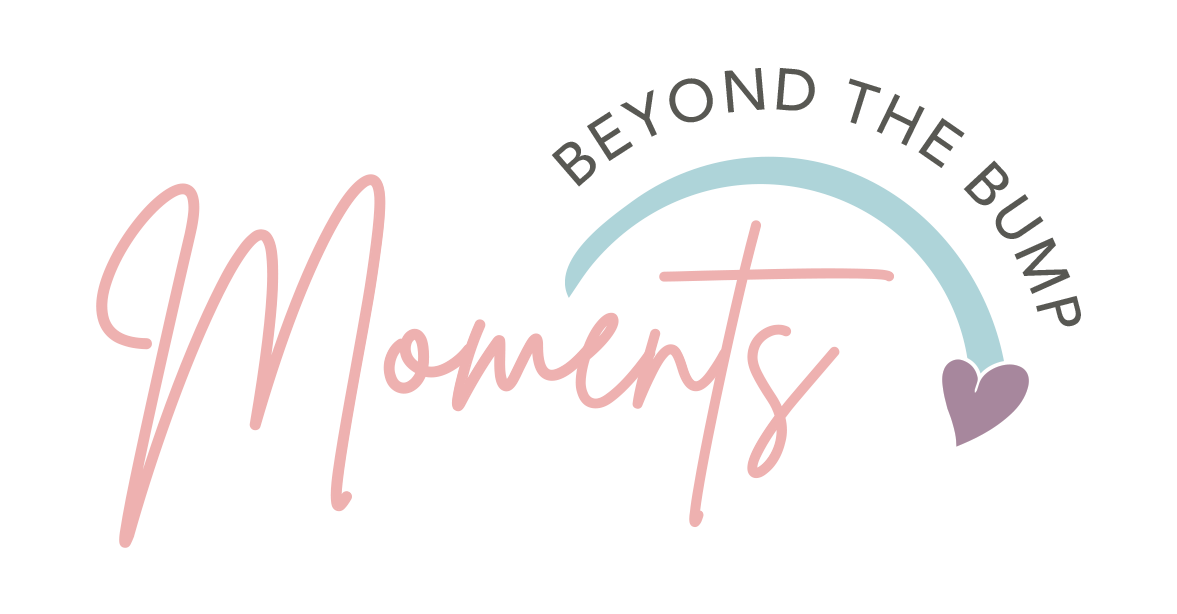Adult Sleep Tips
Tip #1 Know the value of a good night’s sleep
How many hours of sleep do people miss out on just to watch an extra episode of their favorite
TV show, or to spend a little extra time browsing Facebook?
In order to start sleeping well, we need to start making sleep a priority, and the best way to do that is to understand how absolutely vital it is to our health and well-being. People who sleep a minimum of seven hours a night have stronger immune systems, better memory retention, better emotional regulation, more fulfilling sex lives, and lower risk of injury than those who don’t.
Lack of sleep, on the other hand, has been shown to cause an increased risk of heart disease, obesity, and diabetes, lower testosterone, and a weakened immune system.
The next time you find yourself putting off going to bed by an hour or so, think about what you’re really giving up, and whether that episode of House of Cards, however tantalizing, might be better left until tomorrow.
Tip #2 Limit your evening exposure to blue light.
The most common and abundant source of “blue light,” (light with short wavelength and high energy) is the sun. Because our bodies have evolved to sleep at night and remain alert during the day, this blue light inhibits melatonin production and signals our system to stay awake.
Unfortunately, since the invention of the light bulb, our bodies have a hard time distinguishing light from the sun from the light from our reading lamps, and more recently, the high intensity blue light emitted from smartphones, computer screens, flat screen TVs and tablets.
Turning down the lights and, more importantly, turning off your devices an hour before bedtime is a great way to get your body and brain ready for bed. You don’t need to walk around in the dark, but turning off most of the lights in the house, and preferably dimming them in whatever room you’re relaxing in, can be very effective in cueing your melatonin production.
Tip #3 This bed was made for sleeping
Creating a solid subconscious association between your bed and sleep will go a long way towards helping you fall asleep quickly after you climb into it. Creating that association means that you use your bedroom for sleeping and sex, and nothing else!
No checking your email in bed, no watching TV, no eating, and no reading. (That’s right! No reading in bed. Read in a chair outside the bedroom until you’re ready for bed.) Any of these activities can cause confusion in your brain about the appropriate procedure after you climb into bed.
Tip #4 Get active!
Physical exercise is vital to getting a good night’s sleep, and it’s not just about burning off energy. As little as 10 minutes of aerobic physical activity during the day has been proven to improve the duration and quality of sleep, particularly when it’s done regularly.
Exercise also reduces stress, which can hinder your nighttime sleep, and helps reset your sleep/wake cycle by raising your body temperature.
And if that’s not enough motivation to get you moving, a little daily exercise can dramatically reduce your likelihood of developing sleep apnea and restless leg syndrome, which are major contributors to poor sleep in adults.
Tip #5 Get yourself some sunshine
I know I told you previously to limit your exposure to blue light in the evenings, but getting out in the sun during the day can be extremely beneficial in regulating your sleep/wake cycle for the exact same reason.
Exposure to the intense blue light from the sun, especially early in the morning, helps to reset your circadian rhythm, reminding the body and brain what time you start your day, and when it’s time to call it a night.
Early morning sunlight, particularly between 6 and 8:30 AM, also helps increase morning alertness, provides a dose of vitamin D, and helps to regulate your mood.
So set aside some time to take the dog for an extended walk in the morning. The benefits will become apparent almost immediately.
For many people, these five simple steps are all they need in order to start sleeping soundly through the night and enjoying the amazing benefits of a good sleep routine, but if you feel you could benefit from a personalized approach from a qualified sleep expert, don’t hesitate to get in touch with me for a free consultation. You have absolutely nothing to lose and the change it will make in your mood, energy, attitude and well-being is nothing short of extraordinary.
